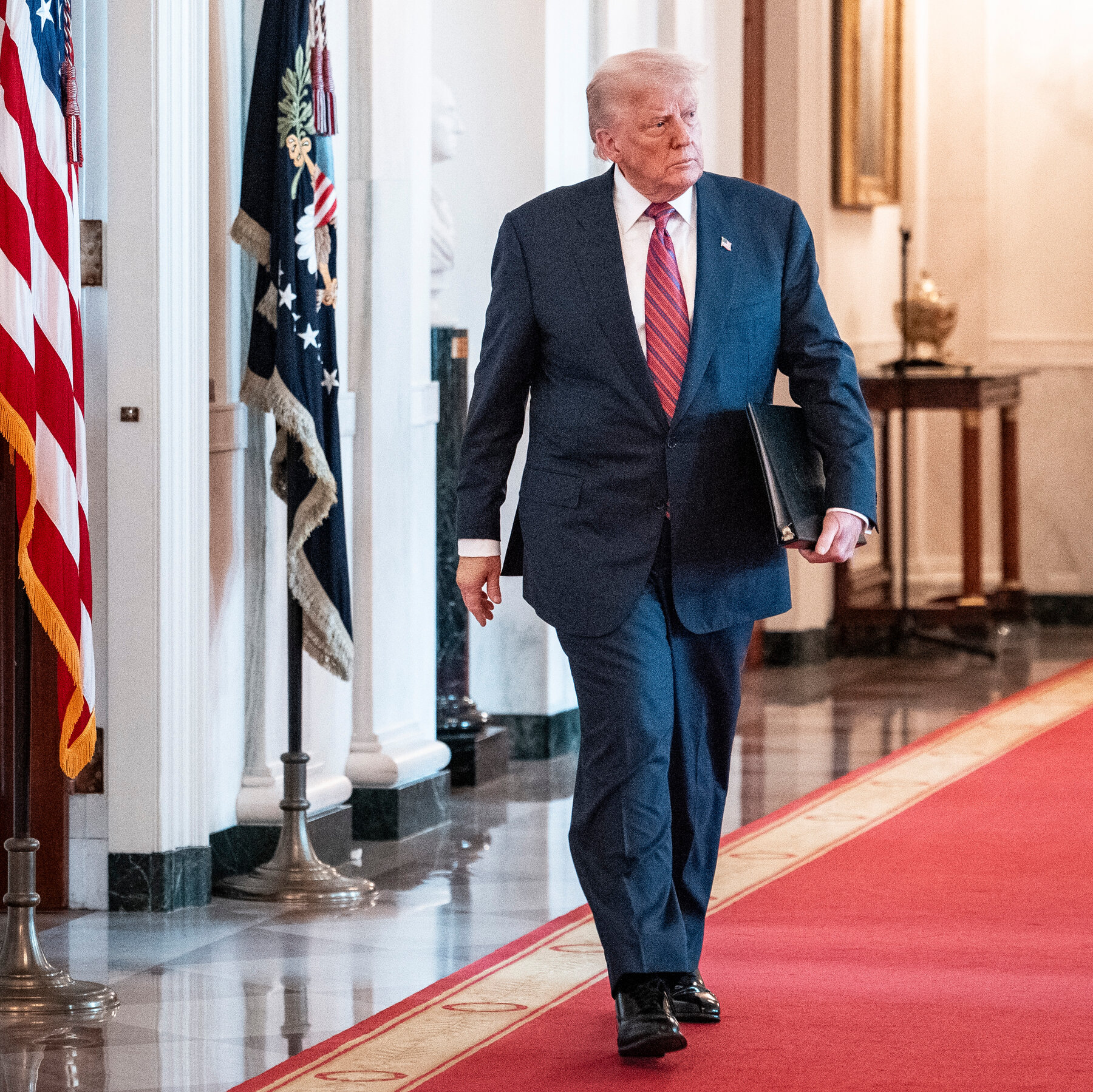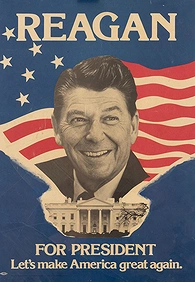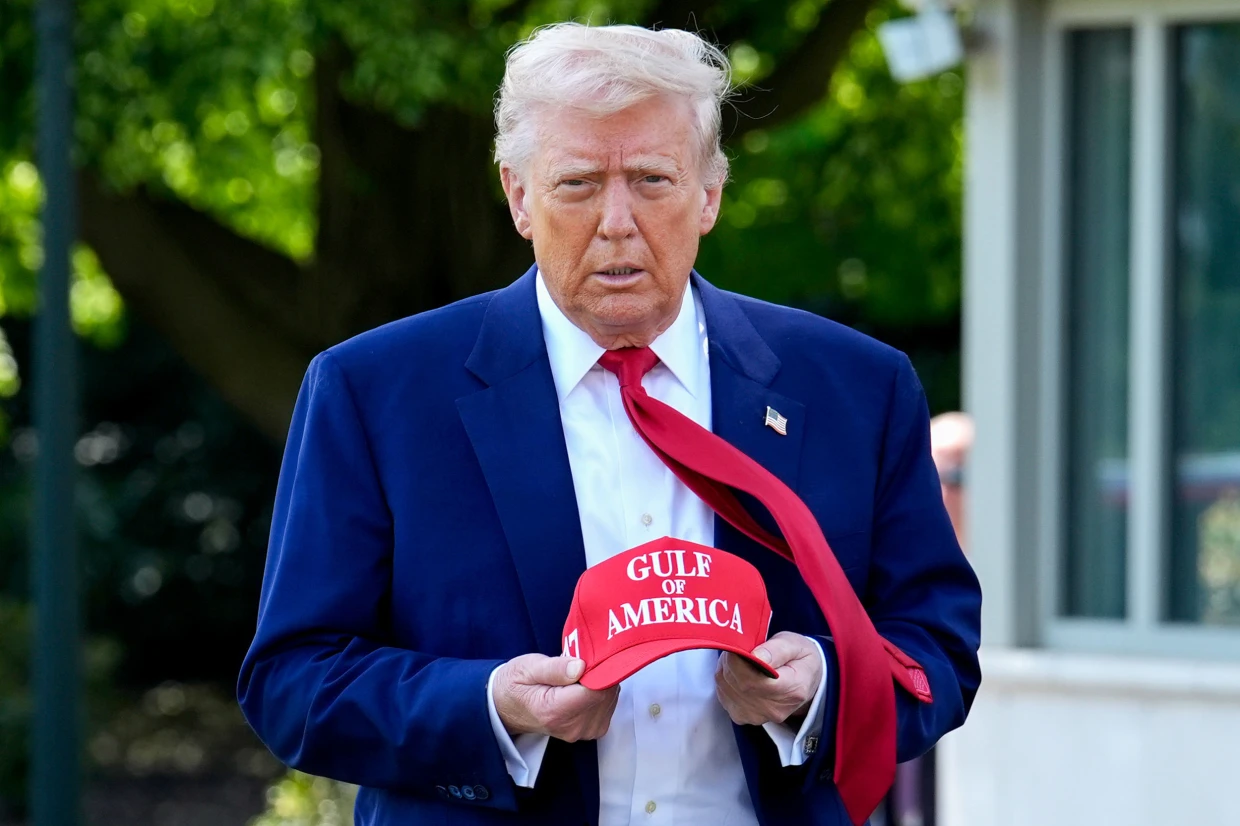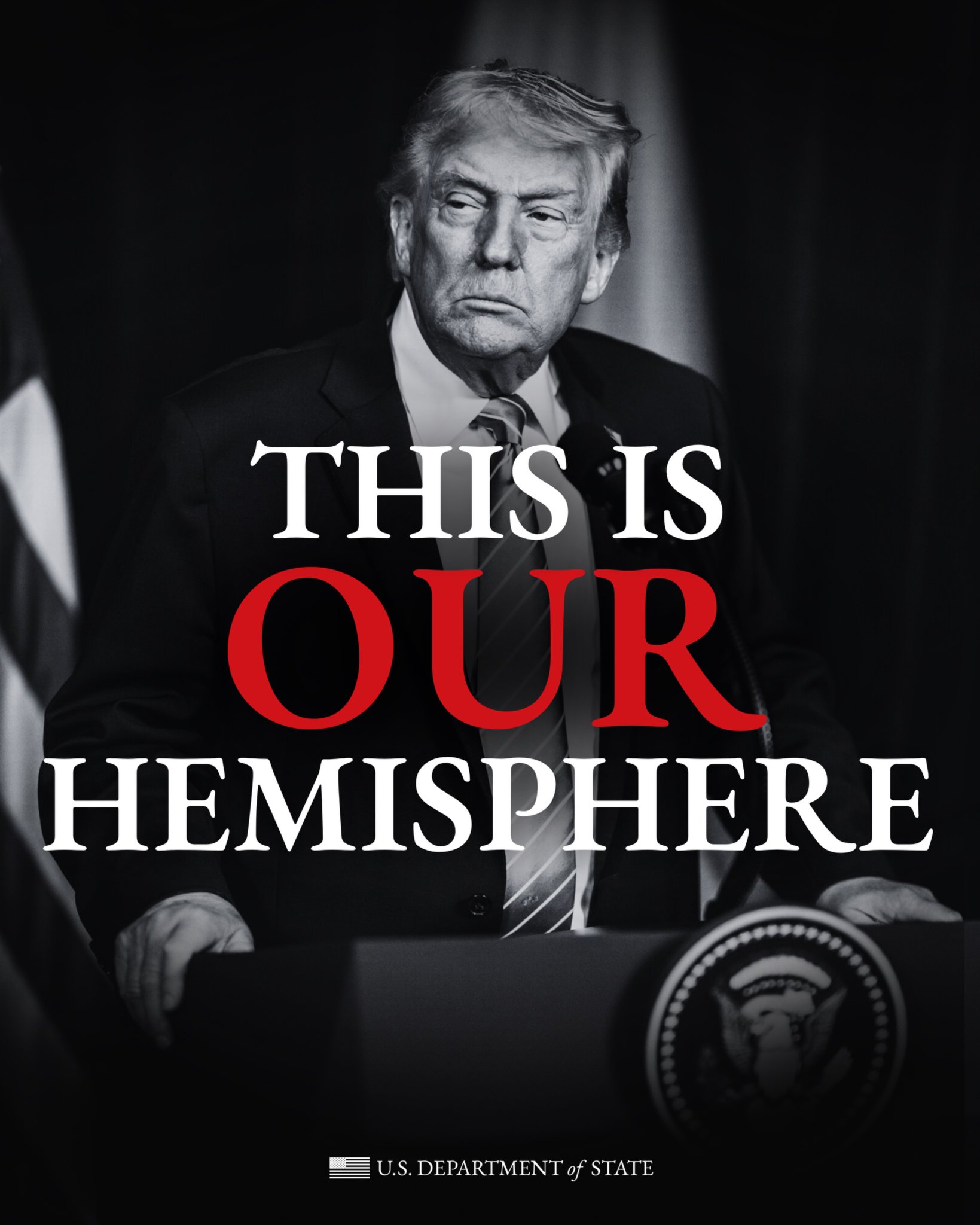Donald Trump’s so-called “big beautiful bill” has now been passed into law, almost entirely on the strength of support from Republican members of Congress. One question that kept arising as I followed the fight over the legislation was why the mainstream media and the bill’s opponents continually repeated Trump’s name for the bill, promoting his rhetoric at the expense of reality.

In fact, Trump’s bill is one of the ugliest to make it through Congress in living memory. It cuts medical care for the poor, nutrition assistance, scientific research, veterans benefits and other programs that support basic human needs, all to make room for a trillion dollar Pentagon budget and muti-trillion dollar tax cuts, most of which will benefit the wealthiest people in America. All of this comes on the heels of the virtual destruction of America’s main conduit for providing foreign assistance – the Agency for International Development – coupled with major layoffs of diplomats at the State Department.
The militarization of the U.S. federal budget is paralleled by a campaign of economic warfare in the form of threats to impose large tariffs on friend and foe alike. The threats alone have destabilized global supply chains and made some nations look for other trading partners.
Even as President Trump attempts to bully other nations into doing what he wants, he and his team are busy trying to dismantle democracy at home. This authoritarian surge started with a policy of xenophobia and mass deportations that has swept up legal residents and undocumented immigrants alike. The campaign against immigrants has been accompanied by attacks on freedom of speech at U.S. universities, centered on cracking down on students opposed to Israel’s campaign of mass slaughter. Meanwhile, right wing zealots, many of whom are state level officials, are reversing even modest commitments to racial and economic justice and human rights writ large – including gay and trans rights, women’s rights, labor rights, civil rights, and the right to a decent living.

As one journalist pointed out during Trump’s first term, his goal is to “make America white again.” Trump’s racism is much more vocal than predecessors like Ronald Reagan, who often but not always, couched their racism in symbolism. For example when Reagan announced his campaign for the presidency in 1980, he chose to do it in Philadelphia, Mississippi, where four civil rights workers had been murdered in the 1960s. Reagan’s choice of venue was referred to at the time as a “racist dog whistle” – an action that would excite his base while people outside white supremacist circles may not have gotten the message.
Donald Trump doesn’t use racist dog whistles – he uses a racist bull horn, unapologetically targeting and insulting women, immigrants, people of color, and gay and trans individuals, giving aid and comfort to violent extremists in the process.
Not only is Trump an old style racist, but he is also an old style colonialist, with his talk of annexing Greenland, making Canada the 51st state, taking back the Panama Canal, and renaming the Gulf of Mexico the “Gulf of America.” Unfortunately, none of this can be simply written off as the childish rantings of an extreme narcissist. The Trump II administration has been much more systematic about turning his most outrageous statements into actual government policies. So no statement, however outrageous, can be completely ignored.

Fighting back against Trump’s wars abroad and at home calls for the creation of a global movement for democracy, human rights, and racial and economic justice of a kind the world has not seen in many decades. No one group or no one country can beat back the wave of authoritarianism and neo-fascism that is on the rise not just in Trump’s America but in dozens of countries around the globe. Building movements, especially ones that cross borders, takes time. But if progressives in the U.S. and Mexico join hands to beat back the Trump administration’s campaign of hate and division and the corruption and violence that has been perpetrated against millions of Mexicans – much of it carried out with guns purchased in the United States – it can provide a model for a wider ring of solidarity that brings together people of good will from every continent behind a common effort to build a different world, one that values tolerance and diversity, and makes sure no one goes without a home, or adequate food and medical care, or leisure time to engage in community building and creative pursuits. That world is a long way from where we are now, but it is well worth fighting for.

William D. Hartung is the Senior Research Fellow at the Quincy Institute for Responsible Statecraft, focusing on the arms industry and the U.S. military budget. His most recent book (forthcoming) is The Trillion Dollar War Machine: How Runaway Military Spending Drives America Into Foreign Wars and Bankrupts Us at Home, by William D Hartung and Ben Freeman. He is a regular columnist with Mira; Feminisms and Democracies.



